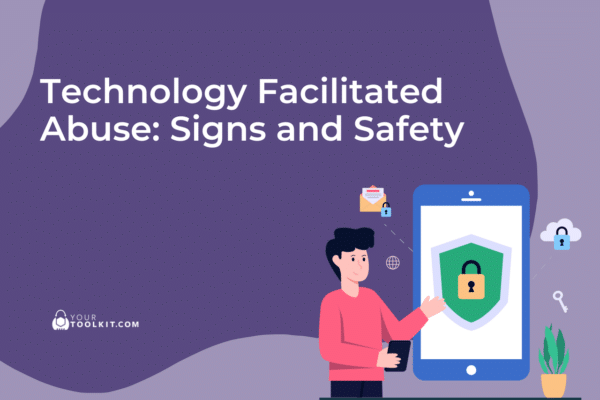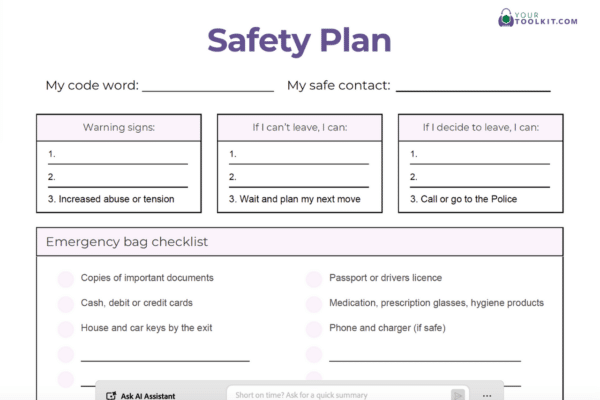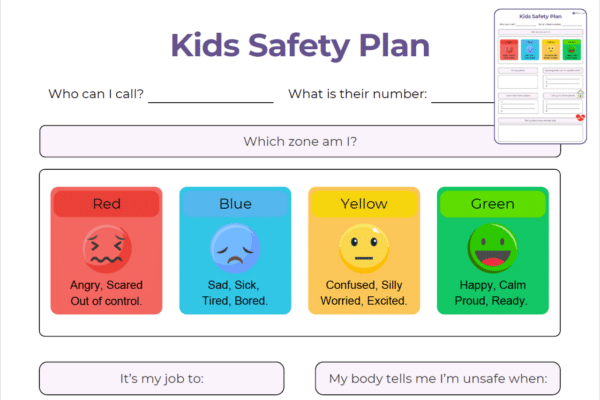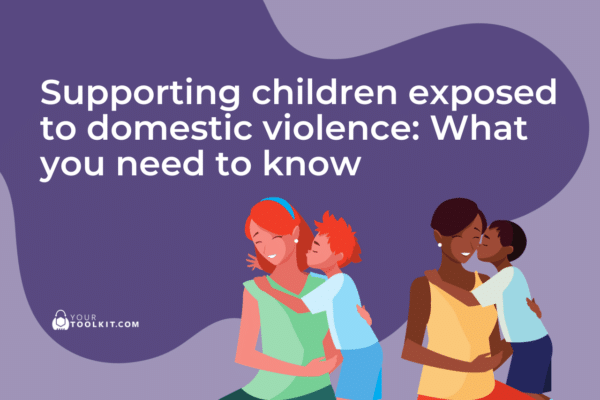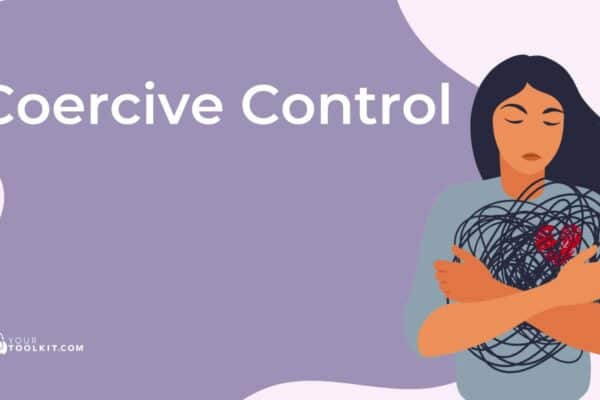If you or someone you know is experiencing family and domestic violence, it’s crucial to reach out for help. Below is a list of essential support services that offer immediate assistance, guidance, and resources to ensure your safety and well-being. Find more contacts in our service directory.
Safety
If you are in immediate danger, call triple zero (000), for a trained counsellor, call 1800 RESPECT (1800 737 732).
This guide provides practical advice and information to help you secure your immediate, short-term, and long-term safety.
Family and domestic violence support services
Addressing your top safety concerns
Take these steps if safety is your number one concern.
This was the website that helped me get away – this was the most important thing that I found.
- Victim survivor who used Yourtoolkit.com
Frequently Asked Questions
How do I help my child through domestic violence?
Supporting your child is often the priority for mothers experiencing domestic violence. Here are some tips
- Have open conversations with your child in an age-appropriate way. Reassure them that it is not their fault. Try to show healthy relationship behaviours in other ways, like listening to them, spending quality time, and having trusted friends and family members.
- If appropriate, create a child safety plan so they know what to do if they think their safety is at risk or so they can confidently follow you if you need to leave the house.
- Talk to schools or childcare centres so they can provide extra support to the child.
- Seek professional support from counsellors or a child psychologist, or ask the school or childcare centre for recommendations if necessary.
How can the police help me in domestic violence situations?
The police’s main priority is your safety. They are always here to help. Learn more about how the police can assist. Whilst police do their best and have effective methods of calming down the situation, they can have delayed response times, lack of training and failures to complete follow-up actions. This impacts how well they help victim survivors. It’s important to recognise these challenges and prepare yourself. If possible, collect evidence of abuse, prepare a safety plan and speak with other domestic violence speciality services. Some perpetrators of violence (abusive partners) lie and create fear about the police for the victim survivor. Remember the police are there to support you and improve safety for everyone involved.
How can I get help or tell someone if my partner won’t let me talk to anyone?
If your partner isolates you, finding ways to communicate safely is crucial. Here are some examples:
- Ask to visit the doctor’s office to speak with a doctor. Use an excuse like getting a vaccination or having a discussion about menstruation (periods) to see the doctor. Both options are likely to allow you to be alone with a nurse or a doctor.
- Via school or childcare centres
- If you see friends or family, mention it to them and agree on a code word you’ll use to text them if you need help immediately.
Remember you are the best judge of your safety. When possible, speak to someone or make a safety exit plan to leave the house.
